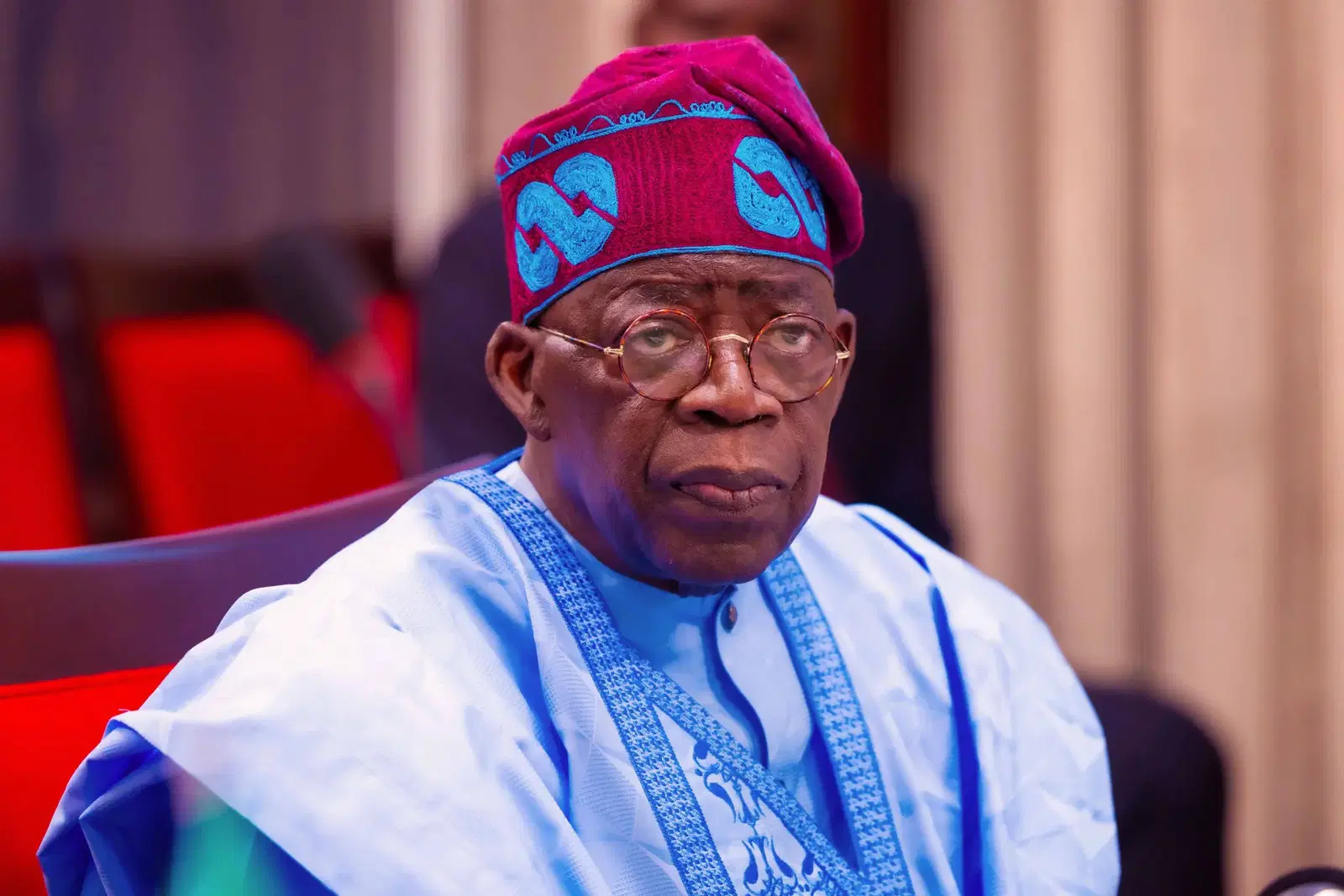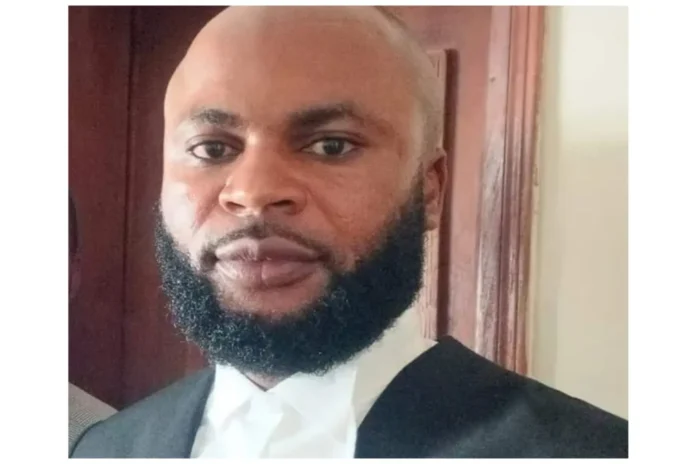Activist lawyer Maduabuchi Idam has voiced strong criticism against the Nigerian political class, accusing them of making a “desperate” attempt to divert the attention of Nigerians who are facing significant hardship by reintroducing the old national anthem, “Nigeria we hail thee.”
In a detailed statement, Idam articulated his concerns, pointing out that only a small segment of the population, particularly those who benefit enormously from national resources, are familiar with or can sing the old anthem. He remarked, “The only fraction of Nigerians who can sing ‘Nigeria we hail thee’ are those who have ‘our common resources in their back pocket.'”
The controversy began when President Bola Tinubu signed the National Anthem Bill 2024 into law on Wednesday. This legislation brought back the old national anthem, “Nigeria we hail thee,” which had not been in official use for decades. The decision to reintroduce the anthem has sparked a wave of mixed reactions, especially given the current economic challenges faced by many Nigerians.
Read Also: Teni Reflects on Childhood Memories as Nigeria Reinstates Old National Anthem
Idam’s comments were made during an interview with journalists, where he offered a detailed critique of the move. He said, “The New-Old National Anthem, My take. Inasmuch as the lyrics of the new-old anthem sound more patriotic and indigenous, I strongly feel that the political class is desperately searching for means to distract the common Nigerians, who are worst hit by the economic hardship in the country, from demanding good governance.”

He further emphasized his point by highlighting the economic struggles that many Nigerians are enduring. “I will only ‘hail thee’ when the naira stops ailing and our oil blocks are recovered from private wells,” Idam asserted, underscoring the widespread frustration over economic mismanagement and resource allocation.
Idam continued by stating that those who are in a position to sing the old anthem with any sense of sincerity or patriotism are those who have significantly benefited from the nation’s wealth. “Those who have reasons to sing ‘Nigeria we hail thee’ are those who have our common resources in their back pocket,” he said, adding a pointed critique of the political elite and those who control significant economic resources.
He did not shy away from naming specific groups who might support the reintroduction of the anthem. “Of course, Akpabio and his 10th Assembly members can ‘hail thee,’ and all those who have our oil blocks in their farms can also hail thee,” he stated, referring to prominent political figures and wealthy individuals who have substantial stakes in Nigeria’s oil industry.
Idam concluded his remarks by calling for a focus on more pressing national issues rather than symbolic gestures. “It’s about time we shun hypocrisy and get real with issues. The National Anthem is the least of Nigeria’s problems. So, why the buzz about the Anthem?” he questioned, urging a shift in focus from symbolic changes to substantive actions that address the root causes of Nigeria’s socio-economic challenges.




